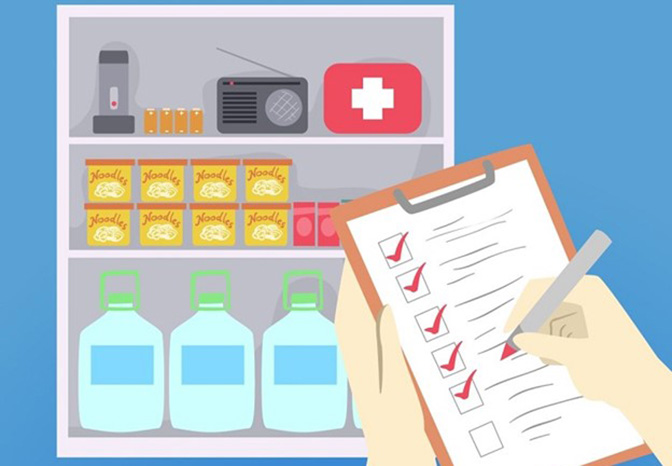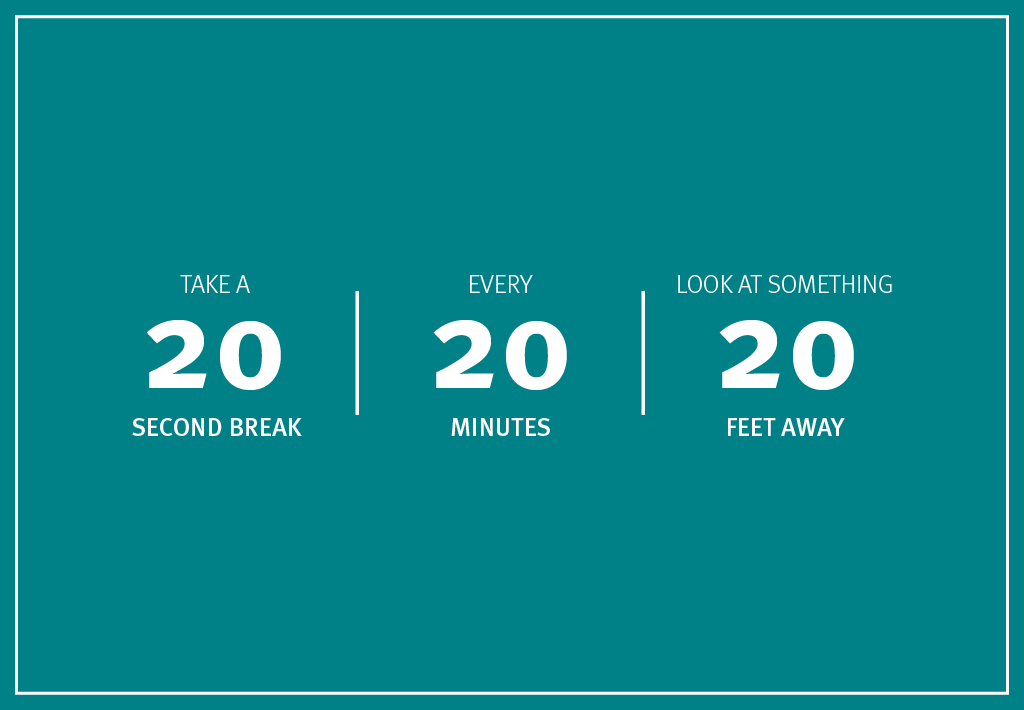
How Financial Stress Affects Your Health
We all know what stress is because we’ve all experienced it.
Maybe you’ve got a busy week at your job because a new computer system is being set up. Or, an unexpected home repair temporarily wreaks havoc on your household routine. Everything that can go wrong, goes wrong. These kind of stressors usually work themselves out – eventually the computer system works seamlessly and the home repairs are done and things get back to normal.
But what if a source of stress never lets up and your ability to manage it dwindles? A health crisis puts you in debt, student loans are eating up most of your paycheck, or you’re constantly overspending? Every single month, you’re struggling to pay your bills and it’s making you sick.
It becomes more than just a blip, it becomes a problem. You’ve lost the ability to take a break from the crisis and your health and wellbeing are now affected. And it has a name: financial stress.
A 2017 American Psychological Association survey said that 61 percent of Americans report that money is a significant source of stress in their lives. The reasons can vary. Oftentimes, problems arise from circumstances beyond our control, such as an illness or job loss. But money worries can also be directly related to poor financial choices and behaviors.
The Price (and Stress) of Paradise
For Hawaii residents, where the cost of living is 30 percent above the national average, financial stress can be even more acute.
Here are some common sources of financial stress:
Cost of living. Mortgage and rent costs are the highest in the nation, according to a recent American Community Survey. The median sales price for a home on Oahu is $730,000. The median rent for a one-bedroom is $1750. A two-bedroom is $2390. A 2016 survey named Hawaii as the state where residents are most likely to be living paycheck to paycheck. In addition to housing, the cost of food, transportation and utilities are the nation’s highest.
Carrying more debt. Credit cards, medical, overdue bills, car payments, student loans. A 2015 Pew Charitable Trust report said that 80 percent of Americans hold some form of debt. Older adults are carrying debt later in life and into retirement; 8 in 10 baby boomers are in debt with 47 percent still paying the mortgage on their homes.
People are saving less. A report from Bankrate shows that only 41 percent of Americans would be able to take money from their savings for an unexpected emergency.
Incomes are more unstable. A 2009 study from the Urban Institute said that 13.9 percent of families will see their incomes drop by half at some point over the course of a year.
The Perils of Financial Stress
It’s well documented that chronic, untreated stress can lead to anxiety, insomnia, muscle pain, high blood pressure and a weakened immune system. Research within the last decade has shown that financial stress on families can cause divorce, problematic behavior in children, physical pain, or even death.
A 2016 report published in Psychological Science found that financial stress might lead to physical pain. A February 2007 report in the American Journal of Emergency Medicine suggests financial loss can cause death.
In addition to poor health and fractured relationships, financial stress can also impact job performance. According to a report by Lockton Retirement Services, employees suffering from the impact of stress were twice as likely to use sick time when they weren’t ill, more likely to use work time to review financial statements or pay bills, and report being nonproductive. People with a lower level of savings were even more distracted, with 10 percent of people having less than $100,000 in savings saying their productivity suffered because of financial stress.
It’s a Touchy Subject
When stress involves finances, it tends to be a sensitive issue. Dr. Brad Klontz, founder of the Financial Psychology Institute and Associate Professor of Practice in Financial Psychology at Creighton University Heider College of Business, says addressing financial stress is complicated by the embarrassment many people feel around the subject of money.
“It’s not socially acceptable to discuss money,” said Klontz. “People are more likely to talk about intimate medical issues than they are about their financial problems. There is a lot shame around it.”
It Boils Down to Beliefs
You’d think struggling with money issues is bad enough, but did you know that there are certain belief systems that lead to behaviors that can make your situation worse? Klontz says that some people avoid the issue all together, pretending that nothing is happening. They may also spend money for emotional reasons, as a way to relieve the physical stress, although the relief is temporary. An added complication is keeping these activities secret from their spouse or partner, which can cause relationship difficulties.
Talk it Out
But when you find yourself in a bind, up against the wall, unable to handle these matters on your own, Klontz says that the first step is to talk to someone. While some people are indeed facing serious money problems, others are experiencing mental stress about money when their finances are fine. Typically, they have a personal history of money scarcity and find it hard to break the habit of worrying about finances.
“It’s important to talk to someone so that you know you are not alone, that there is nothing wrong with you,” said Klontz. “I advise talking to a professional, a tax advisor or financial planner, to get an objective, third party analysis of your situation.”
Make an effective action plan
After getting help from a finance professional, how do you manage your day to day money matters? Klontz suggests creating a spending plan.
“Think about the things that matter most to you, what are you passionate about? Be specific about your goals. Then picture yourself achieving those goals. When you have that in place, cut out the things you don’t need.”
Monitoring your finances is simple, with a variety of apps on the market to choose from. Klontz recommends Mint. In addition to keeping track of bills, Mint will tell you how much money is going to ATM fees, warns you when you’re exceeding your budget, and alert you to suspicious transactions. If you want to get an idea of your orientation towards money, take the Klontz Money Behavior Inventory (KMBI) here. You can also follow UHA on Facebook, Twitter, Instagram, or LinkedIn for more tools and information on financial well-being.
Sources:
- American Psychological Association (APA) survey Stress in America 2017 Snapshot: Coping with Change (61 percent of Americans say stress is significant source of stress in their lives)
- 2015 report from the Pew Charitable Trust (80 percent of Americans hold some form of debt)
- Paycheck to paycheck survey
- Hawaii wages: American Community Survey



